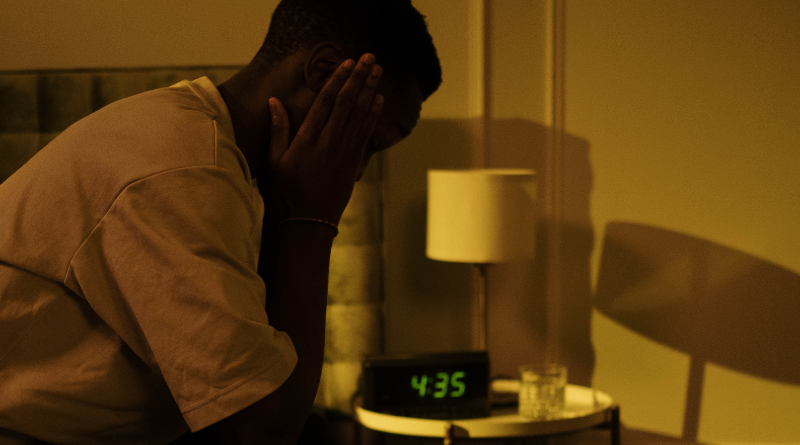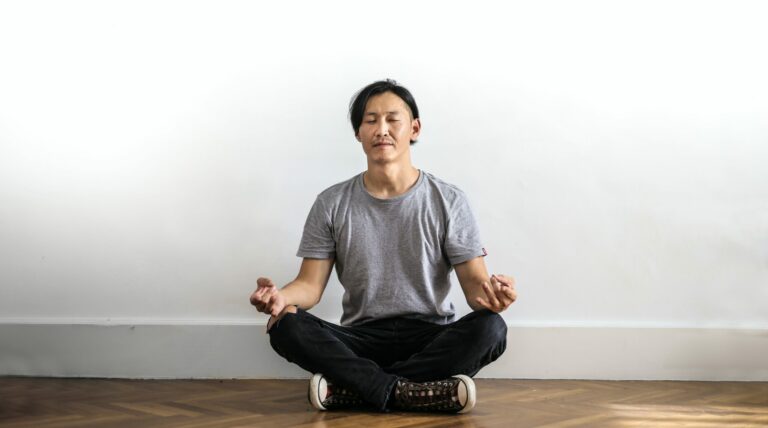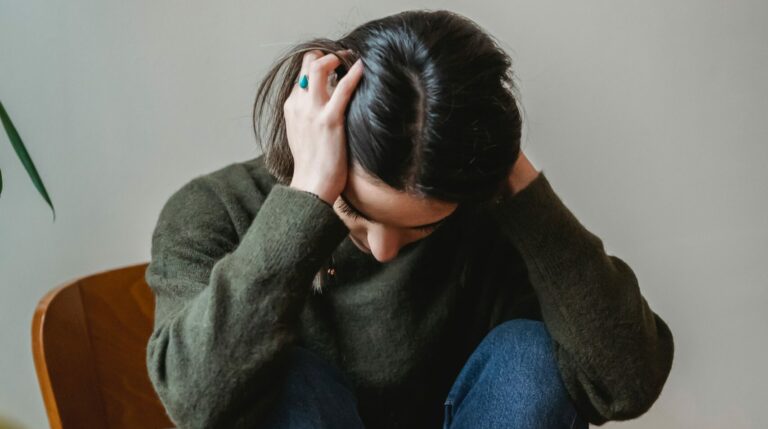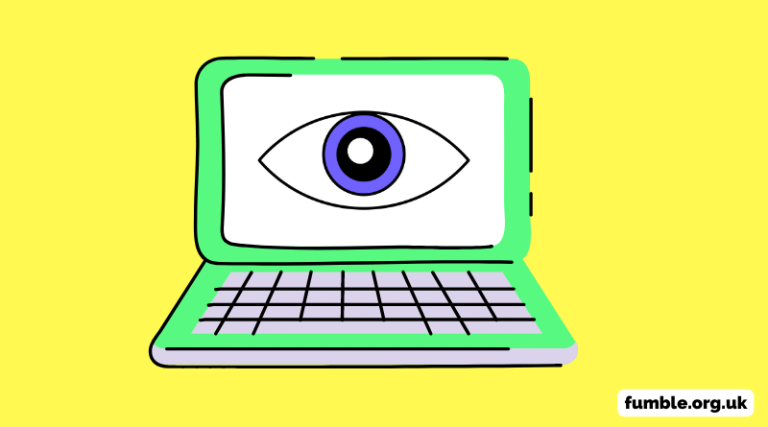Insomnia
Struggling to get to sleep at night? Feeling tired all day? You might have insomnia
Ah, insomnia. It comes for most of us at some point. Insomnia means that you regularly have problems with sleeping. It’s a complex but common problem, which can be caused by a lot of different things. These days doctors rarely prescribe sleeping pills, so it’s good to have your own routine to handle it.
Symptoms of insomnia
Insomnia affects the quality of your sleep as much as it affects the quantity of sleep you get. If you regularly experience the following symptoms, you most likely have insomnia:
😴 Difficulty falling asleep
😴 Restless sleep
😴 Lying awake at night
😴 Waking up early and finding yourself unable to go back to sleep
😴 Feeling tired and irritable just after you’ve woken up, and throughout the day
😴 Struggling to nap during the day, despite feeling tired
😴 Finding it hard to concentrate during the day because you’re so tired
If you think you might be suffering from insomnia, you can try using this handy NHS self-assessment tool to learn more.
What causes insomnia?
The particularly annoying thing about insomnia is that it can be caused by a huge range of things. For example:
❄️Uncomfortable room temperature
🍷Consuming alcohol, caffeine or nicotine within six hours of your bedtime
💊 Using recreational drugs
💤 An uncomfortable bed
😩 Physical illnesses such as restless leg syndrome, hyperthyroidism or sleep apnoea
💊 Some medications
😴 Sleepwalking
😟 Stress, anxiety or depression
The kicker is that insomnia can have a circular relationship with mental health problems. Sleep problems can cause anxiety, depression and negative thoughts, and anxiety, depression and negative thoughts can all cause sleep problems.
Treating insomnia yourself
The good news is that because insomnia is so prevalent, there’s lots of tried-and-tested advice about overcoming it. The most important thing is to try to find out what’s at the root of your insomnia. However, this may take time. And even when you do find out, you may still need to find ways to help minimise the impact those problems have on your sleep. Below are some suggestions you might like to try.
Keep a regular sleep pattern
Setting yourself a ‘bedtime’ and trying to stick to it will be a good foundation for your routine. It will also help you regulate how much sleep you’re getting.
Create a restful, comfortable sleep environment
This sounds like a no-brainer, but it’s worth putting some extra effort into creating a sleep environment that’s as sleep-inducing as possible.
Relax before going to bed
Try to have some quiet time before you go to bed. Reading, having a warm bath, or doing some gentle yoga are popular relaxing activities. There is some debate about whether you should avoid looking at screens entirely before bed. The light from the screen may have an affect on your brain’s ability to fall asleep. Additionally, scrolling through social media can be psychologically arousing. However, some people find that watching something in bed can help them fall asleep. It really is up to you, but it’s probably a good idea to try eliminating screens to see if it helps.
Avoid stimulants!
Try not to have any nicotine, coffee or tea close to your bedtime. And while alcohol may help you fall asleep initially, it’s actually bad for your sleep overall. The same can be said for many recreational drugs.
Exercise regularly
Many people with insomnia find that regular, moderate exercise has a positive impact on their sleep problems. However, avoid vigorous exercise just before bedtime as it may actually keep you awake.
Treat your bed like a bed
Limit the activities that happen in your bed to sleeping and sexual activity.
Don’t keep checking the time
Checking the time and counting down the hours until you have to wake up can become a compulsive habit when you can’t sleep. Stop! Checking doesn’t make any difference to how much time you’ve got left to sleep, but it does give you something else to worry about.
Get up when you can’t sleep
Sometimes it can be helpful to get out of bed for a bit and do something relaxing. You may even find it helpful to do something a bit odd, like read a really boring book. You might just find yourself nodding off in no time…
Visit your GP
Your doctor has a wealth of knowledge, and will be able to provide some advice and guidance. It’s also a good idea to just make sure your doctor is aware of your sleep problems in case they persist and you need help at a later stage.
Other support
- How to cope with stress
- YoungMinds – Sleep problems
- NHS – Sleep problems
- Mind – How to cope with sleep problems
Read more
Last Reviewed 5 July 2023
Image Credit: cottonbro studio via Pexels







